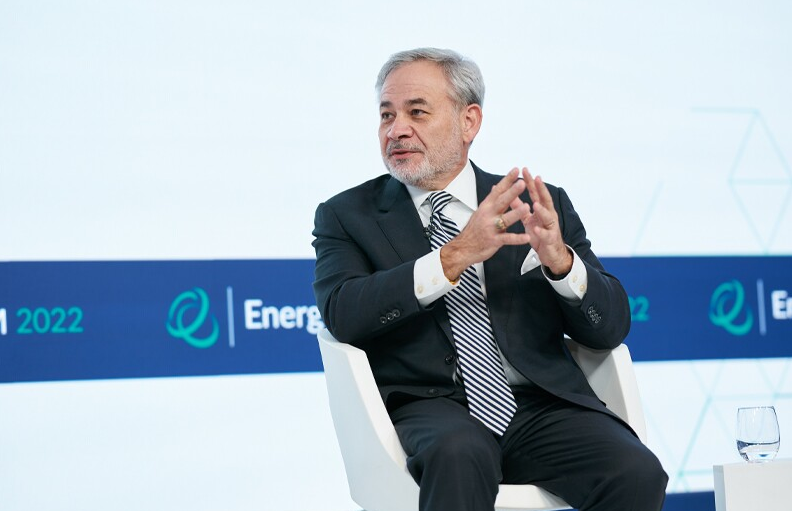More LNG Infrastructure Investment Needed to Rebalance Market

Additional investment in infrastructure for both the short- and long-term is needed in order to rebalance the global LNG market and resolve intra-market inefficiencies, LNG executives said at the 2022 Energy Intelligence Forum in London on Thursday.
With the global market expected to remain tight for the next four to five years, Europe could look into short-term fixes to limit the ongoing energy crisis, as well as limit the rapidly increasing political tensions on the continent.
“I think in the short-term, our focus is on investments required for infrastructure and on some of the intra-market inefficiencies that can be addressed as well,” said Cederic Cremers, executive vice president, LNG, at major Shell. “It's more regasification capacity, more pipeline connections.”
Echoing Cremers’ views, Dan Brouillette, president of US developer Sempra Infrastructure, also called for more infrastructure development in order to “get the product to the market.”
“It's important for us to think about pipeline capacity and it's important for us to think about permitting processes that would allow even more export opportunities in the United States,” Brouillette said.
Energy Security
The current energy crisis and governments’ failure to provide energy security for their citizens in Europe could have extreme consequences, argued Mike Anderson, senior vice president of sustainability and external affairs at US independent Kosmos Energy.
“I think every democratic government will be voted out next time round because they have failed with energy security,” said Anderson.
But while he was adamant that the ongoing situation was a result of a “market failure” with governments in “total confusion” about the market, Brouillette argued that it is rather driven by public policy failures, which may “have created some of the challenges that we see today in the marketplace."
In this regard, Sempra’s president highlighted the need to look at the overall balance between energy security and environmental security and argued that it is possible to do both.
For his part, Cremers underlined that it would be a mistake to solely focus now on energy security and affordability due to the crisis and said that environmental security should remain high on everyone’s list, “because I think that will come roaring back”.
Supply Diversification
The panelists had different views regarding Russia’s role in the European supply mix in the future.
While Cremers assumed Russian gas “will not be back,” Brouillette said that due to the supply diversification needs and Europe’s economic growth, a small amount of Russian gas will remain in the continent’s supply mix, provided that the war in Ukraine ends peacefully.
On the other hand, Anderson was cautious about moving away from Russia to another large supplier.
“If you move away from Russia and move entirely to US LNG, it doesn't strike me as a very good idea for ultimate diversification of supply in the world. Similarly, if you were to take Qatar and say let’s just move up to the 126 million tons per annum that Qatar is going to produce, that also strikes me as not necessarily going down the right route,” Anderson told the audience.

